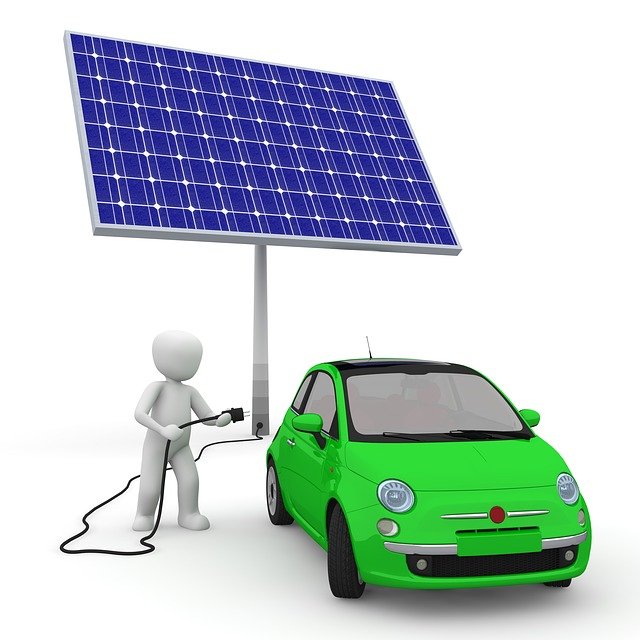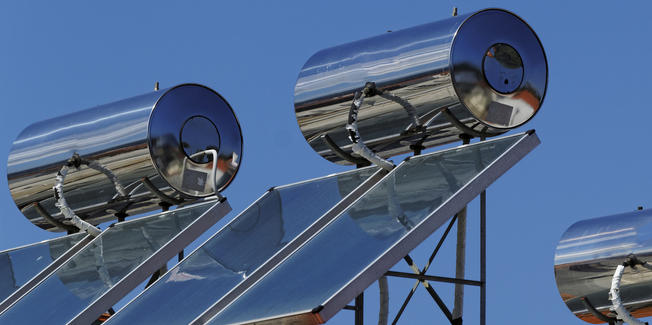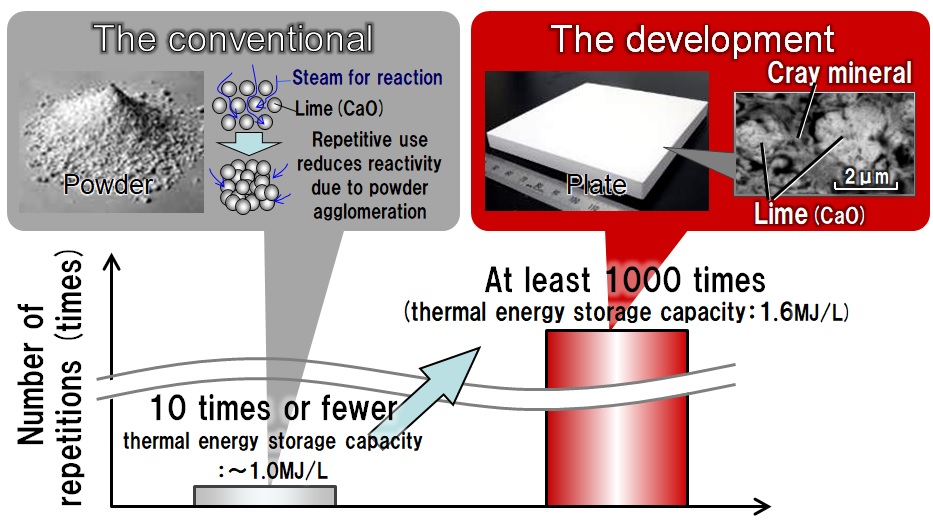
You need to be aware of several things if you are interested in going solar on your New Hampshire residence. Learn more about the cost of solar panels and how they work, as well as leasing options and tax credits. This information can help you decide whether solar panels are right for your home. Make sure you review the regulations before installing solar panels on your home.
New Hampshire: Solar panels cost
New Hampshire homeowners can get financial incentives from federal government for investing in solar energy systems. With the federal tax credit, residents can save up to 30% on their solar equipment. Local tax incentives are also available to homeowners who want to save thousands on their solar installations. Use a solar panel calculator to find out which incentives are available in your area.
The cost of installing solar panels varies according to the size of the system as well as the size the home. You can get an estimate from a solar calculator and can also compare offers from other solar companies.

Period of payback
It is crucial to determine whether solar energy systems will be worth the cost of installation. The basic calculation involves dividing total cost by expected annual production. More information is required to properly calculate the payback time. Many solar contractors will offer a spreadsheet-style file that pulls data from multiple sources.
Not only will you reduce your electric bills, but you'll also be able to make additional revenue by selling any excess energy that you produce. Net metering is a state-run rebate program in New Hampshire. Under this program, energy generated by solar customers is sent to the utility grid. The utility company receives the energy and credits your electric bills.
Leasing options
There are several benefits to leasing solar panels in New Hampshire. First, you will be able to save 100% on your energy costs immediately without the need for loan payments. Additionally, you will receive the Federal 30% credit on your energy bills. The 100%-free consultation is for those who are considering installing solar energy in their homes.
It is important to fully understand the pros and con of both buying and leasing when making a decision between purchasing and leasing. Purchase solar panels can be more costly and require a larger upfront payment. Leasing requires no down payment and allows you to take advantage of tax credits and rebates.

Tax credits
New Hampshire tax credits for solar panel installation are a great way cut your utility bills and to offset the initial cost of installing a solar energy system. The state's utility commission offers a rebate scheme for residential electric generating systems. A rebate program is available to New Hampshire homeowners that can get up to $0.20 for each watt of solar power installed. The rebates can only be used up to $1,000. The rebate program is designed to save homeowners up 30% on the cost of their solar panel system.
New Hampshire solar customers can take advantage of net Metering in addition to tax credits. The electric company will track the amount of electricity you produce and credit any surplus to your next bill. Net metering is a way of letting the electricity company know that you are producing more energy than you use, and New Hampshire has some of the best net metering laws in the country. Solar customers can also qualify for the 5th highest national solar rebate. It ranges from $750 perkW to $3750/kW. Some local co-ops might offer additional rebates.